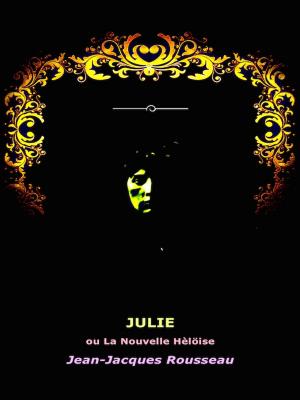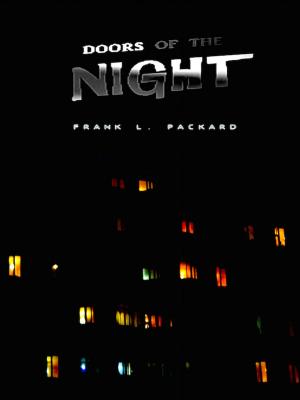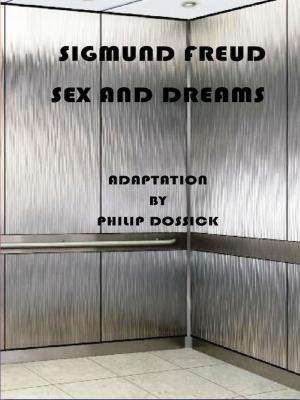| Author: | George Gissing | ISBN: | 1230000290398 |
| Publisher: | Editions Artisan Devereaux LLC | Publication: | January 7, 2015 |
| Imprint: | Language: | English |
| Author: | George Gissing |
| ISBN: | 1230000290398 |
| Publisher: | Editions Artisan Devereaux LLC |
| Publication: | January 7, 2015 |
| Imprint: | |
| Language: | English |
What attracts me is the striking juxtaposition of barbarism and civilization in our strange time. I hold that there is the artist’s opportunity these days, the greatest of many opportunities.”
—George Gissing
Bigamy, bisexuality and betrayal form the sensational plot of "Demos," George Gissing's grimly realistic exploration of life in 1880s England.
George Orwell described Demos as a story of the moral and intellectual corruption of a working-class mechanic (and socialist), Richard Mutimer, who deceitfully inherits a fortune and uses the money to set up an ironworks factory—turning the “land of meadows and orchards” into an “igneous realm” with its “hundred and fifty fire-vomiting blast furnaces.” His new wealth and power highlight the cruel defects of his character as he treats his workers harshly, and abandons the woman to whom he had been engaged.
Marrying Adela Waltham, Richard forces her to suffer a brutal marriage until she is awoken sexually and spiritually by the bewitching Stella Westlake.
"Demos" is deservedly regarded not only as one of Gissing's finest novels, but also as one of the finest novels of late nineteenth century English literature, remarkable for its historical accuracy and literary craftsmanship.
GEORGE GISSING (1857-1903) was an English novelist, most famous for The Odd Women, The Nether World, Demos, and New Grub Street. His work was highly praised, and critics placed him alongside Thomas Hardy and George Meredith as one of the three foremost novelists in England. Sir William Robertson Nicoll described Gissing as "one of the most original, daring and conscientious workers in fiction." G.K. Chesterton called him the "soundest of the Dickens critics, a man of genius." George Orwell was an admirer, and called Gissing "perhaps the best novelist England has ever produced".
What attracts me is the striking juxtaposition of barbarism and civilization in our strange time. I hold that there is the artist’s opportunity these days, the greatest of many opportunities.”
—George Gissing
Bigamy, bisexuality and betrayal form the sensational plot of "Demos," George Gissing's grimly realistic exploration of life in 1880s England.
George Orwell described Demos as a story of the moral and intellectual corruption of a working-class mechanic (and socialist), Richard Mutimer, who deceitfully inherits a fortune and uses the money to set up an ironworks factory—turning the “land of meadows and orchards” into an “igneous realm” with its “hundred and fifty fire-vomiting blast furnaces.” His new wealth and power highlight the cruel defects of his character as he treats his workers harshly, and abandons the woman to whom he had been engaged.
Marrying Adela Waltham, Richard forces her to suffer a brutal marriage until she is awoken sexually and spiritually by the bewitching Stella Westlake.
"Demos" is deservedly regarded not only as one of Gissing's finest novels, but also as one of the finest novels of late nineteenth century English literature, remarkable for its historical accuracy and literary craftsmanship.
GEORGE GISSING (1857-1903) was an English novelist, most famous for The Odd Women, The Nether World, Demos, and New Grub Street. His work was highly praised, and critics placed him alongside Thomas Hardy and George Meredith as one of the three foremost novelists in England. Sir William Robertson Nicoll described Gissing as "one of the most original, daring and conscientious workers in fiction." G.K. Chesterton called him the "soundest of the Dickens critics, a man of genius." George Orwell was an admirer, and called Gissing "perhaps the best novelist England has ever produced".















